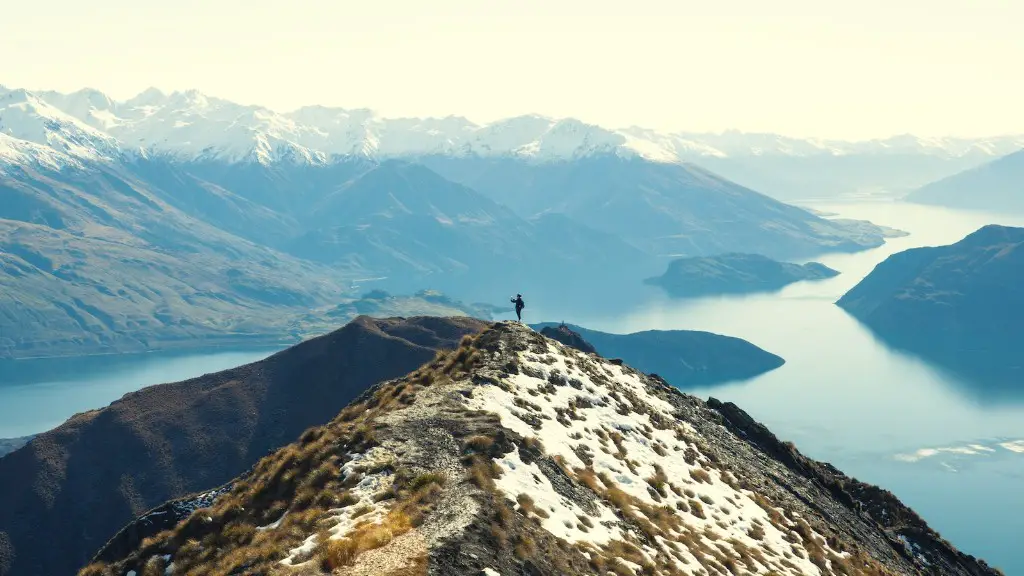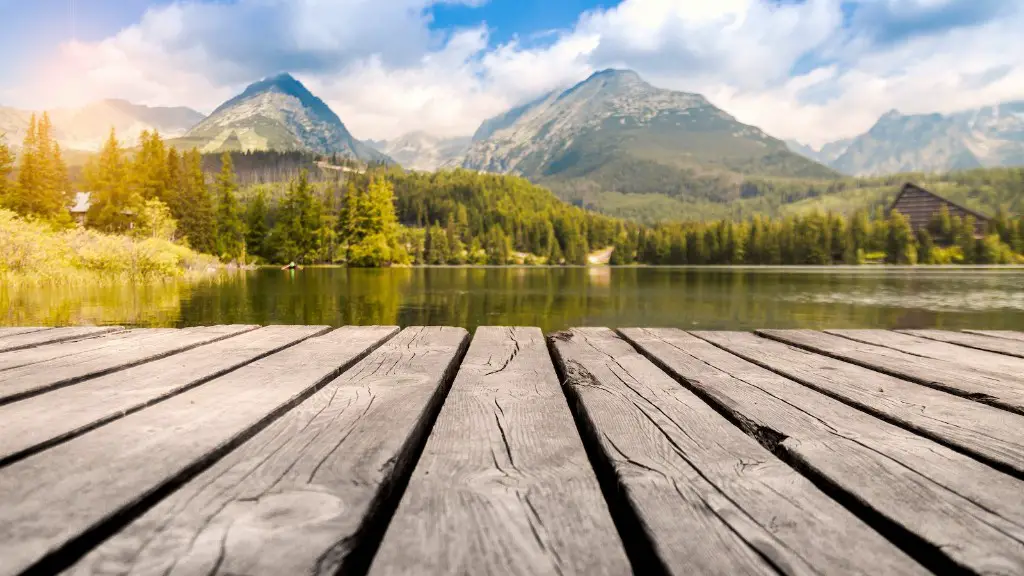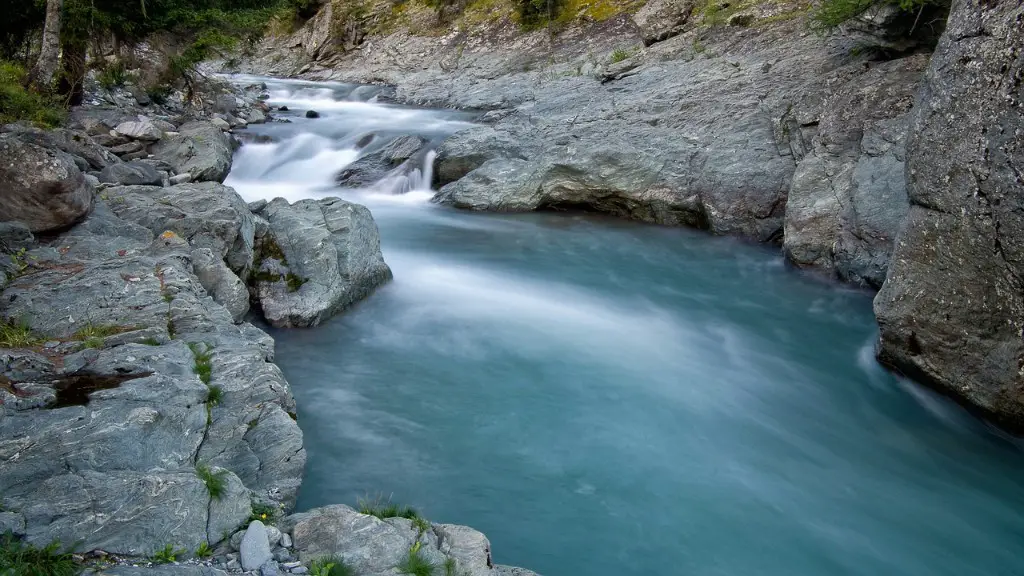The mighty Mississippi River is the fourth-longest river in the world, running from its source at Lake Itasca in Minnesota, U.S., all the way to the Gulf of Mexico, about 2,350 miles away. The river’s basin encompasses an area of 1.2 million square miles, covering 32 US states and 2 Canadian provinces. It is an important resource in the US and thousands depend on it either directly or indirectly. But where exactly does this great river finally come to an end?
The answer is simple: Mississippi River empties into the Gulf of Mexico. Specifically, it empties into an area called the Mississippi River Delta, off the southeastern coast of Louisiana. To understand how this works, we must look at how the river works. The river serves as a conduit of water: it receives water along its course via numerous tributaries, and then it deposits this water in the Gulf of Mexico. The Mississippi River Delta is a vast area of land that the river has been depositing for centuries, with its sediment and other debris. This has resulted in marshlands, swamps, and wetlands, in what is considered the fourth-largest wetland area in the world.
A lot of research and studies have been conducted on the Mississippi River Delta in the past few decades. Scientists have found that the delta contains an incredibly complex network of water, sedimentation, soil, and vegetation. This makes the delta an important habitat for a variety of species, such as fish and birds. More than 350 species of birds have already been found in the Delta. In addition, the area is very important to the fishing industry, as well as to tourism, as it features numerous wildlife viewing areas and nature trails.
In recent years, the Mississippi River Delta has been under threat. The area is being eroded by the increasing waves and tides, as well as by hurricanes and other extreme weather events. This erosion has had a tremendous impact on the environment, destroying the habitats of many species and destroying the wetlands. Conservationists and scientists are working together to come up with ways to protect this fragile area, but the threat remains very real for the time being.
All in all, the Mississippi River empties into the Gulf of Mexico, in the area known as the Mississippi River Delta. This area is incredibly important, both from an ecological and an economic point of view, and it faces immense threats from human activity and climate change. It remains to be seen what the future holds for this fragile ecosystem.
Role of Tributaries
The Mississippi River is fed from many sources, called tributaries or affluents, with some of them being major rivers themselves. The largest tributary of the Mississippi River is the Ohio River. Other important Mississippi tributaries are the Missouri River, the Arkansas River, the Red River, the Illinois River and the St.Francis River. These tributaries supply the Mississippi with considerable amount of waters and other nutrients, helping create and maintain the vast ecosystem of the Mississippi Delta.
Practices Impacting the Mississippi River Delta
Over the past few centuries, different practices, both legal and illegal, have had a major impact on the Mississippi River Delta. This includes overharvesting of fish and shellfish, practice of cutting down trees and other vegetation for the purpose of creating new land, and dumping of chemicals and other pollutants by industries. All of these practices have had a direct impact on the environment, leading to a sharp decline of fish and bird populations, as well as an overall decrease in the health and stability of the Delta.
Challenges to sustaining Mississippi River Delta
The Mississippi River Delta faces numerous challenges. The biggest challenge of all is that of climate change, with sea level rise being a major threat to the Delta. A second challenge is that of human activities, with many practices being undertaken that have directly or indirectly had a negative impact on the Delta. These include cutting down trees, overharvesting, and dumping of various pollutants. Finally, the Delta faces the challenge of managing and utilizing its resources in a sustainable way, so as to bring about the most benefit for its communities.
Attempts to Protect the Mississippi River Delta
The negative effects of climate change and human activities have made it difficult to maintain the natural environment of the Delta. Therefore, numerous efforts have been made in recent years to protect and sustain the Mississippi River Delta. The US government has funded numerous restoration and conservation efforts, with the aim of protecting and restoring the wetlands. Additionally, new regulations have been introduced to regulate land usage practices in the Delta, as well as to regulate pollution and other environmental safety measures.
Impact of Mississippi River on Agriculture
The Mississippi river is an important part of agriculture in the Midwest, as it is used to transport crops and livestock. The river has also served as an important source of irrigation, providing water for crop growth. Moreover, the wetlands created by the river are an important part of the local ecosystem and play a crucial role in providing natural habitats for wildlife. Finally, the river has even been used for recreation, with recreational boating, fishing, and water sports being popular activities in the area.
Effect of Mississippi River on Human Development
The Mississippi River has vastly impacted the development of human civilization, in particular in the Midwest United States. In the 19th century, the river served as an important conduit for transportation and trade, as sailboats and steamboats used the river as a way of connecting people, towns, and cities. Furthermore, the rich soil provided by the river allowed for the agricultural boom that occurred during this period. Finally, the river has served a crucial role in providing resources such as water and power, which are used in everyday life.


